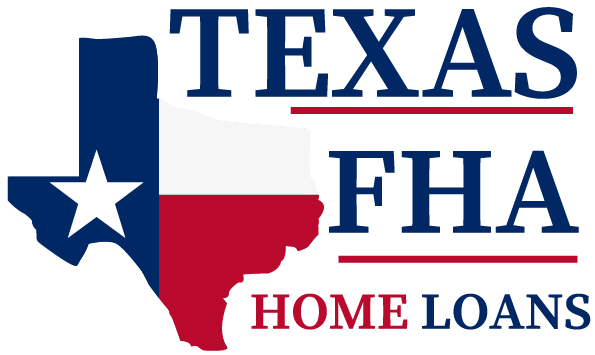Are you ready to purchase a home? One of the most primary factors to think of when shopping for a home is what mortgage type you’d need. FHA mortgages and conventional loans are two incredibly sought-after selections for both first-time and repeat homebuyers—not to mention even those who would like to refinance their mortgage.
The biggest difference between both home loan programs is that an FHA loan is guaranteed by the full faith of the federal government, while conventional loans enjoy no such perk.
However, their differences do not stop here. Selecting the perfect mortgage is an essential thing because the path you’d pursue may ultimately shape the cost of your homeownership process in the long run.
As you start your journey to acquiring your own property, below are the most significant things to evaluate when comparing FHA and conventional mortgages.
Down Payment Standards
Government-Insured
Loans under the Federal Housing Administration have long been the go-to option for several homebuyers who do not always have a massive amount of money intended for a down payment. Because of the FHA, it’s very much possible to purchase a property by putting in as little as a 3.5 percent.
Customarily, a 20 percent down has been the standard for conventional loans; although the rates for a down payment may range from 5 to 20 percent. Currently, however, the possibility of putting in only 3 percent has been made if applied for through Fannie Mae or Freddie Macwith. This reality can now make home-purchasing more appealing to eligible borrowers.
Private Mortgage Insurance
A PMI, or a Private Mortgage Insurance when spelled out in full, apply when a borrower puts in less than 20 percent as down payment on a home through a conventional loan.
Consider a PMI to be an insurance policy for lending firms that permit them to recoup specific financial failures should a borrower default. Comparatively, FHA mortgages also have a private mortgage insurance but under a different name. The FHA refers to this as a Mortgage Insurance Premium or MIP.
The difference in mortgage insurance computation
Under an FHA mortgage, a borrower will have two types of mortgage insurances: one is the upfront premium and other, a monthly premium. One’s upfront premium can be included in his or her mortgage but can also be paid for during closing. Meanwhile, the monthly premium is part of your regular mortgage responsibility. For a conventional mortgage, a borrower needs to pay only a monthly PMI. The rate to this is determined by how large your down payment is and how healthy your credit score is. On the other hand, an FHA loan makes use of a one-size-fits-all standard calculation.
Under the FHA, one will have to keep paying for a MIP; meanwhile, a conventional loan can get rid of a PMI once the borrower has about 78 to 80 percent equity over the home, or when they put in a 20% down payment.
FHA vs. Conventional loan Eligibility
FHA mortgages and conventional loans utilize different techniques and standards for borrower approval. In terms of credit scores, FHA loans have long been the more comfortable option to be eligible. Currently, the smallest allowable credit score to be eligible for an FHA grant is only 3.5 percent. However, this percentage is exclusive to those who meet a credit score of 580. Any applicant who does not meet that but doesn’t fall under 500 can still be in the running for an FHA loan. This time, however, they will have to put in 10 percent.
Meanwhile, it is conventional loans that elevate the drive on credit standards. A score of 620 or more is usually recommended to obtain approval for a conventional loan. Still, many look for even better scores before accommodating their loan application.
Your credit score and DTI will matter most when it comes to approval since they help influence the interest rate you will have to pay on your loan.
In general, FHA mortgages are most likely to deliver more attainable rates for debtors than conventional loans.
Still, it’s not fair to say one of both loan programs is better than the other, as this will always depend on how much cash you’re able to expand. For more FHA vs. Conventional refinance concerns, click the link!


